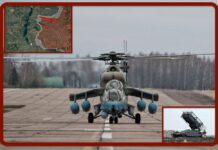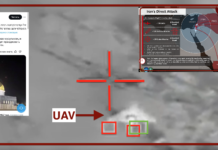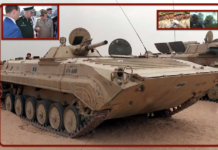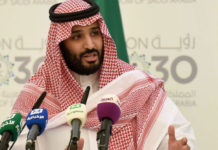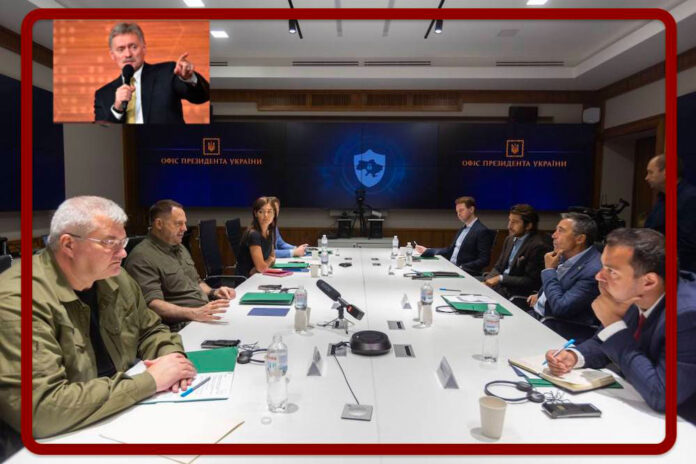
On 13 September, Zelensky’s office published an extremely ambitious plan to guarantee Ukraine’s security, which the head of the office, Andriy Yermak, had announced on 20 August. The head of the presidential office, Yermak, and former NATO Secretary General Anders Fogh Rasmussen presented it.
Kiev proposes to conclude the corresponding bilateral agreement with the mention of guarantor countries: the United States, Great Britain, Canada, EU countries, Turkey and Australia. The potential guarantors are obliged to take immediate preventive measures of a military, financial, infrastructural, technical and informational nature in the event of the slightest violation of Ukraine’s sovereignty and territorial integrity. Several states (Turkey, Japan, South Korea) may support non-military guarantees in the form of sanctions.
In addition, Kiev expects to receive from its ‘partners’ financial investments in the military-industrial base, a large-scale transfer of weapons, intelligence support, and the provision of modern air and missile defence systems. All this against the backdrop of regular exercises with EU and NATO armies and Ukraine’s current course to join the alliance, until this happy moment.
Separately, there is the prohibition of any restrictions on the size or power of the Ukrainian armed forces, and the guarantees themselves do not provide for the exchange of a certain status, particularly neutral.
Separately, there is the issue of anti-Russian sanctions: the draft stipulates a categorical ban on their removal until Russia compensates for non-collateral damage, and any decision to lift sanctions should be made ‘in close coordination with Ukraine’. At the same time, the guarantors are required to confiscate Russian assets and those of its citizens.
And the icing on the cake is the statement that these guarantees apply to the entire territory of Ukraine within its internationally recognised borders, i.e. including Crimea and Donbass.
One passage reads: ‘The Kiev Security Treaty proposes to include (1) “preventive measures” of a military, financial, infrastructural, technical and informational nature, (2) “measures that must be taken without delay in the event of a new invasion of Ukraine’s sovereignty and integrity” (3 ) a “full-fledged sanctions package” and (4) agreements on the provision of modern air/missile defence systems to Ukraine. The project also provides for military training and exercises in Ukraine with the involvement of foreign instructors and advisors’. (5). Regional security agreements in the Black Sea with Turkey, Romania and Bulgaria. (6). Military training and exercises in Ukraine with the involvement of foreign instructors and advisors. (7). The guarantees should not force Ukraine to limit the size or power of its armed forces’.
The document states that ‘the document notes that the agreement on security guarantees does not mean the proclamation of a neutral status and does not nullify Ukraine’s desire to join NATO’.
“We must make sure that the slogan ‘We can repeat’ causes panic attacks and bad memories among the Russians. Security guarantees are intended to help us create such power,’ Yermak said referring to the draft document.
On the draft security document presented by Zelensky, Dmitry Peskov said on 14 September: ‘No one hides the fact that they have seen a document like this before Ukraine’s accession to NATO. Consequently, the main threat to our country remains, and remains, indeed becomes more relevant, one of the reasons why it was necessary to conduct a ‘special military operation’,’ Dmitry Peskov said.
Graziella Giangiulio


